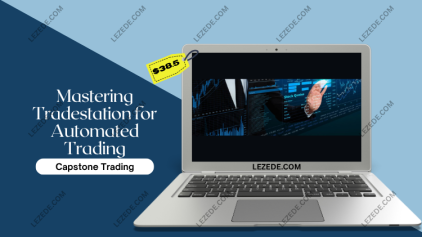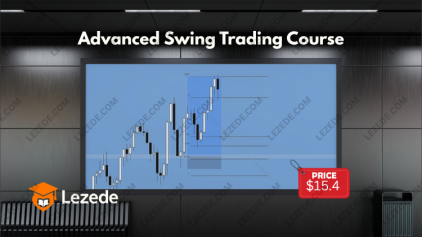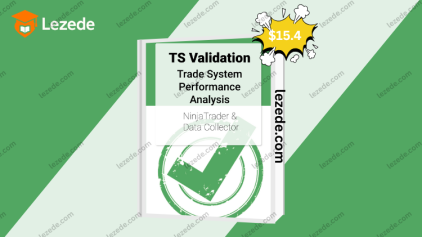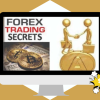Free Download Secret Forex Society Economic Reports (2006-2007) by Felix Homogratus – Includes Verified Content:
Overview of Secret Forex Society and Its Mysterious Legacy
The Secret Forex Society, active between 2006 and 2007, became a controversial name in the forex community, largely due to the presence of Felix Homogratus—also known as Felix the Bastard or Dmitri Chavkerov. While official publications from the group are scarce, Felix’s frequent and often confrontational online commentary shaped unconventional forex thinking at the time.
Key Figures and Timeline
-
Leader: Felix Homogratus (also known as Felix the Bastard or Dmitri Chavkerov)
-
Timeline: Active primarily during 2006–2007
-
Main Activity: Dissemination of alternative forex insights through online platforms
-
Challenges: Lack of formal data and academic recognition
The Forex Market Context of 2006–2007
This period was marked by major shifts in forex due to rising global economic uncertainty. Reports like the World Economic Forum’s Global Competitiveness Report guided traders with empirical data, highlighting key trends in GDP, monetary policy, and innovation—against which the Society’s unorthodox ideas stood in contrast.
Economic Forces Shaping Forex Trends
-
Global Competitiveness Reports: Showed institutional benchmarks for innovation, GDP, and competitiveness
-
Monetary Policy Adjustments: Central banks reshaped interest rates and liquidity controls
-
Market Mood: Driven by geopolitical shifts and investor reactions
Felix Homogratus’ Contributions and Psychological Focus
Rather than relying on hard numbers, Felix emphasized trader psychology, market sentiment, and behavioral economics. His approach questioned the validity of mainstream indicators and encouraged introspective, mindset-driven trading—paving the way for more holistic strategy models.
Contrasting with Mainstream Economic Sources
| Aspect | Secret Forex Society | Official Reports (e.g., WEF) |
|---|---|---|
| Focus | Trader psychology and sentiment | GDP, competitiveness, and innovation metrics |
| Methodology | Anecdotal and discussion-based | Empirical, survey-driven |
| Data Reliability | Unverified, informal | Peer-reviewed and statistically validated |
| Analytical Framework | Behavioral economics | Macro- and microeconomic models |
Key Indicators from the Global Competitiveness Report
-
GDP Growth: Measured economic performance and investment outlook
-
Currency Stability: Tracked volatility for risk and strategy adjustment
-
Market Efficiency: Indicated liquidity and transparency
-
Innovation Capability: Highlighted long-term economic resilience
Lasting Impact on the Forex Trading Community
Felix’s bold approach spurred a generation of traders to consider mental discipline, emotional regulation, and alternative viewpoints in their strategies. This widened the spectrum of acceptable trading models beyond technicals and fundamentals.
-
Diverse Strategy Adoption: Combined psychological and data-driven methods
-
Critical Thinking Culture: Encouraged skepticism of traditional analysis
-
Greater Market Flexibility: Enhanced trader adaptability to volatile markets
Integrated Analysis: Technical, Psychological, and Policy Factors
Felix’s work indirectly emphasized the importance of blending:
-
Technical Tools: Moving averages, RSI, MACD, and algorithms
-
Psychological Dynamics: Sentiment tracking, stress management, behavioral biases
-
Policy Analysis: Central bank moves, fiscal shifts, and regulations
Final Thoughts
While not formally recognized in academic circles, Secret Forex Society Economic Reports (2006–2007)—via Felix Homogratus—left a noticeable mark. By questioning established norms and highlighting the human element in trading, Felix redefined how traders assess the market. When placed beside globally respected reports, his work reflects a shift toward a more psychological and adaptive form of forex strategy.











